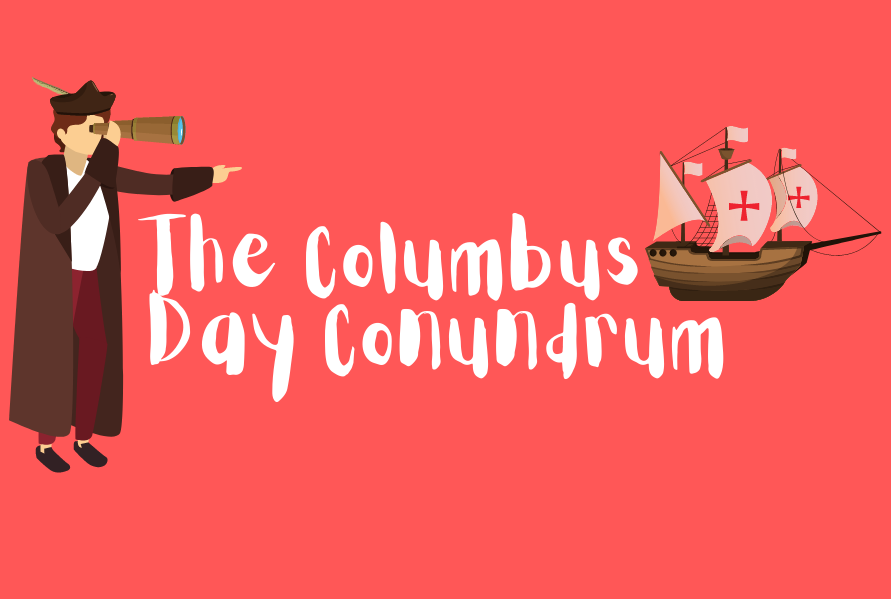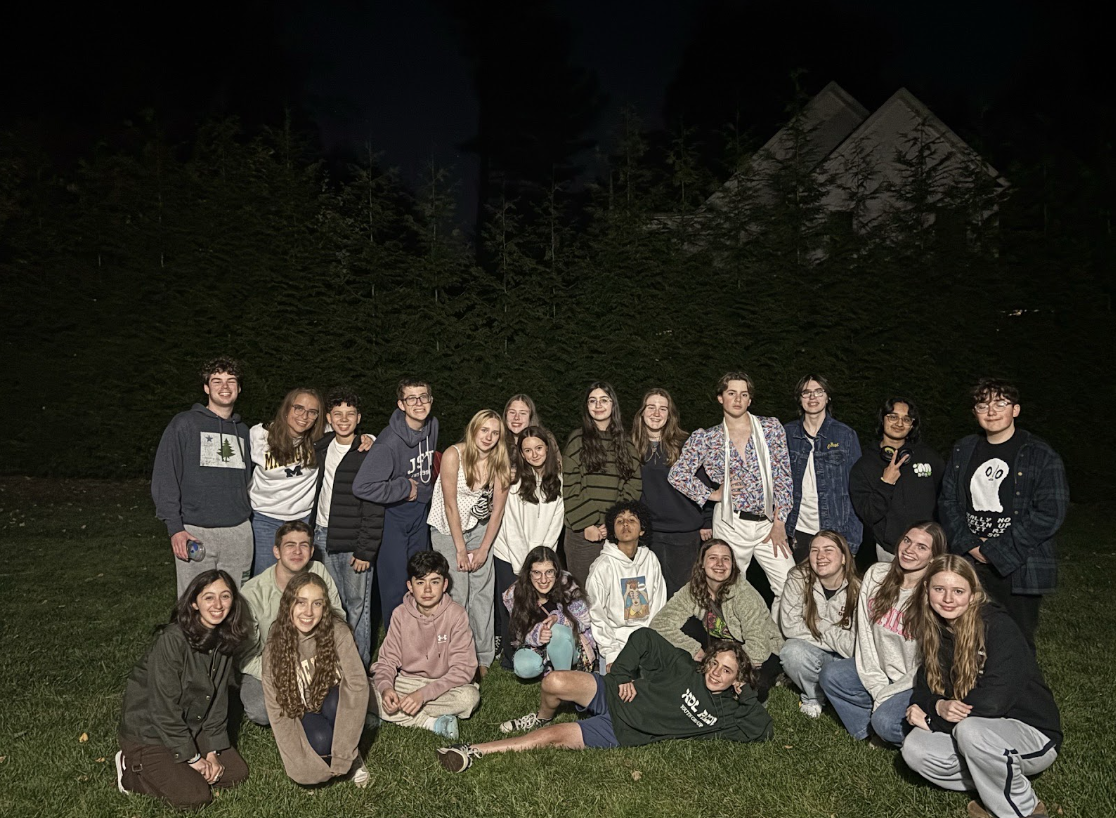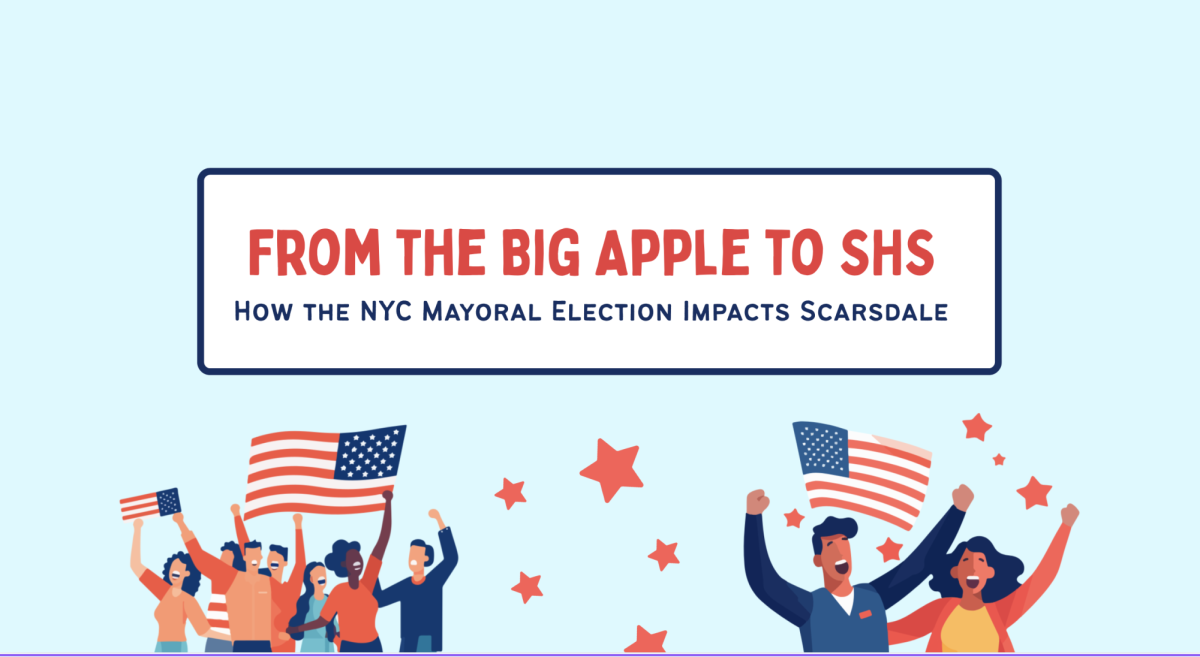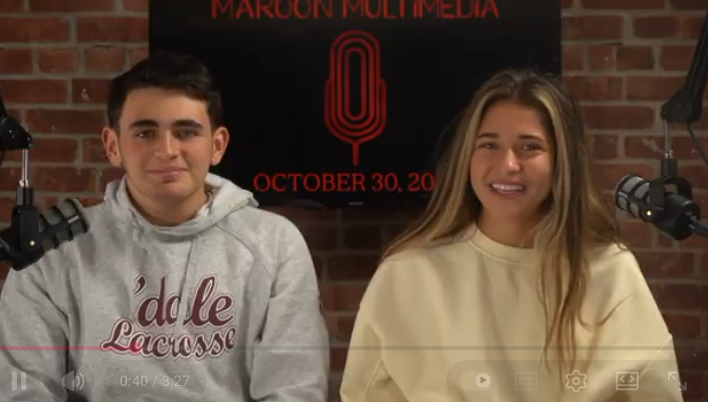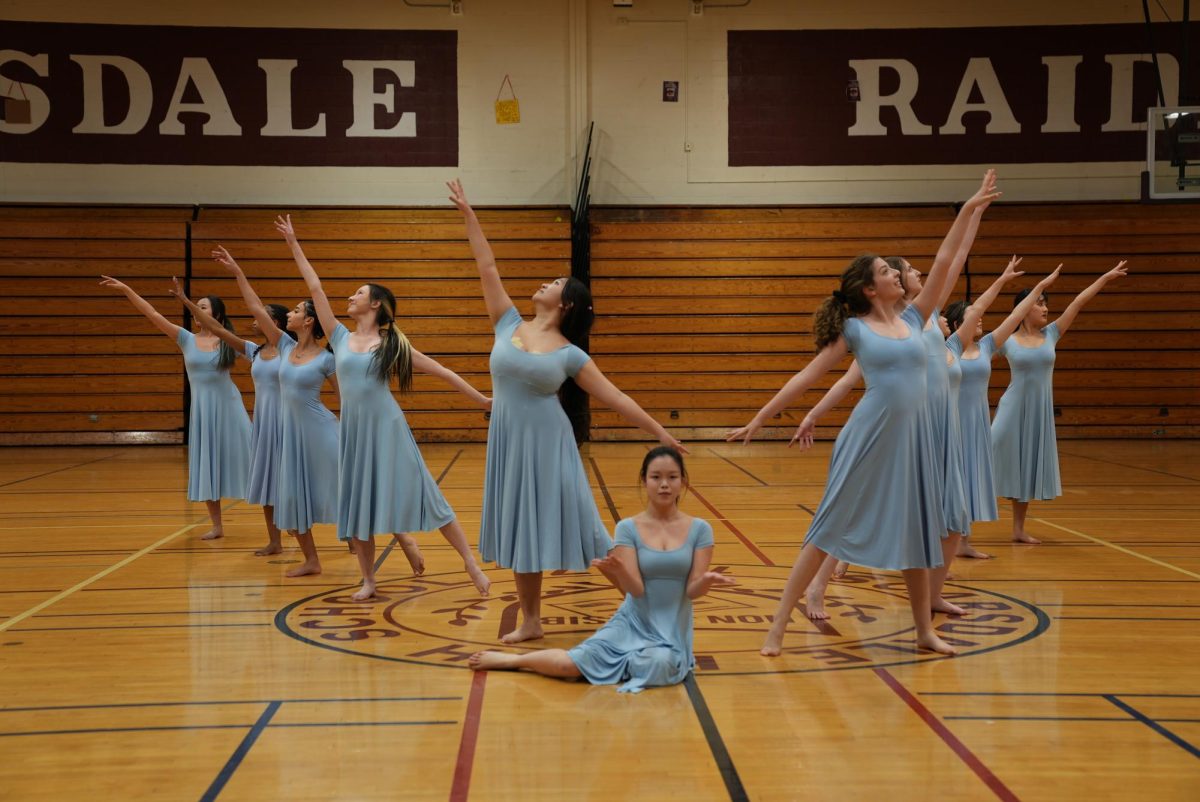The Columbus Day Conundrum
Opinion Editor explores his confusion surrounding Columbus Day, posing several questions to the audience.
November 1, 2021
Pop quiz: who was the first European to step foot on the continent of North America? (Hint: it wasn’t Columbus, surprise-surprise) If you said Amerigo Vespucci— the Florentine explorer who realized that the old Columbian GPS actually brought the Niña, the Pinta, and the Santa Maria to the Bahamas— you’d be wrong. Cool name, though. If you said Leif Erikson— the Viking who sailed the ocean blue nearly five centuries before Big Chris— you’d be less wrong. If you said Saint Brendan, a 6th-century Irish monk, your evidence is mostly mythological. And if you said Chinese admiral Zheng He in 1421, you didn’t read the question right. The point is, we don’t really know which of these people chronologically arrived first on the landmass we call home. We just know that it wasn’t Columbus.
But we also know that discovery is no longer a part of the question. How can you “discover” a location where countless indigenous peoples had been living prior? Still, perhaps Columbus was historically significant in paving the way for European colonization in the Western Hemisphere. Or maybe he was just a free delivery of smallpox, cholera, and mass genocide. Either way, this debate is misguided. It’s not “Columbus Day versus Indigenous Peoples’ Day,” it’s “why is October 12 celebrated at all?”
So I’ve had the better part of a month to reflect on why Columbus Day/Indigenous Peoples’ Day is a federal holiday, and I’m lost. Neither side really makes sense to me. Proponents of Columbus Day often cite the celebration of Italian-American heritage as a justification for the day off. Italian immigrants and their American-born descendants have historically endured extensive discrimination, so this cultural pride definitely deserves recognition. But why have Columbus spearhead this appreciation? Isn’t his role as a foreign conqueror contradictory to the idea that immigrants were victims?
The celebration of Indigenous Peoples’ Day also lacks a real motive. October 12, to my admittedly limited knowledge, holds no significance to Native American heritage or culture. It’s celebrating Indigenous Peoples just to throw dirt on Columbus’ actions, not because the date holds any meaning. But that isn’t reason enough to have a holiday. Labeling that day with “Indigenous Peoples” is only a reaction to the fact that it was dedicated to Columbus. The goal behind calling it Indigenous Peoples’ Day is to gloss over and tarnish the man’s legacy, right? Choosing to celebrate Indigenous Peoples on the same day instead acknowledges the celebration that was supposed to be erased.
Today, November 1, marks the start of Native American Heritage Month, and October is considered Italian-American Heritage Month. So maybe there shouldn’t be a holiday dedicated to either side of the debate at all. Maybe it’s gratuitous. The argument over what to name it died somewhere in my 7th-grade social studies class; people, myself included, probably just like the gift of a free three-kend regardless of why it exists. Columbus Day/Indigenous Peoples’ Day isn’t even strictly on October 12 anymore. It’s just the second Monday of October, which, I can safely say was not important to Columbus nor the Native Americans of the 15th century. If it’s been reduced that far, should we, as Americans, even care about this holiday? I think I’m more so just tired of the same “Why Columbus Day is Controversial” spiels because we already know the answer. Why are we trying to revive a holiday that didn’t feel very alive in the first place? What the nation does not need, in these ridiculously divisive times, is another source of discord. Especially when that source of discord is as trivial as this one.

